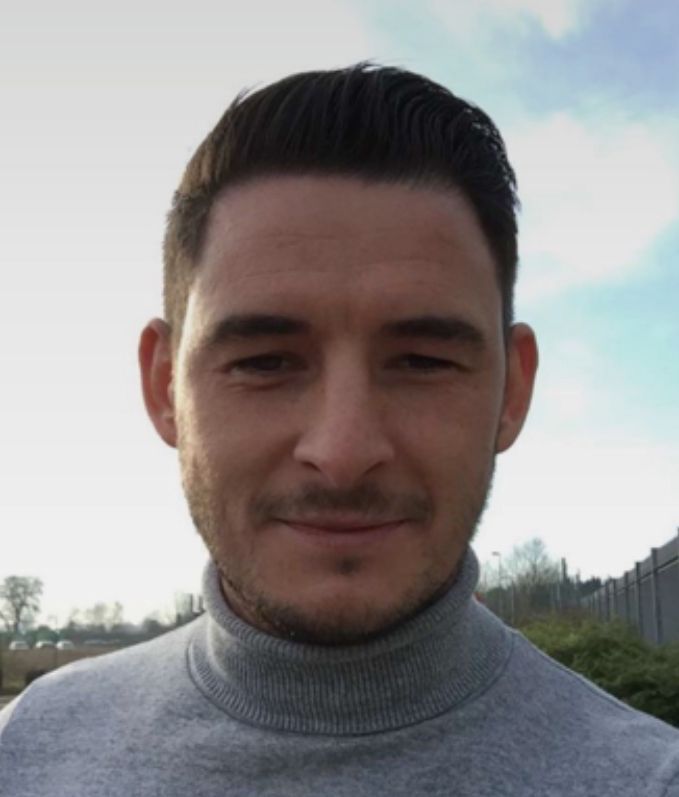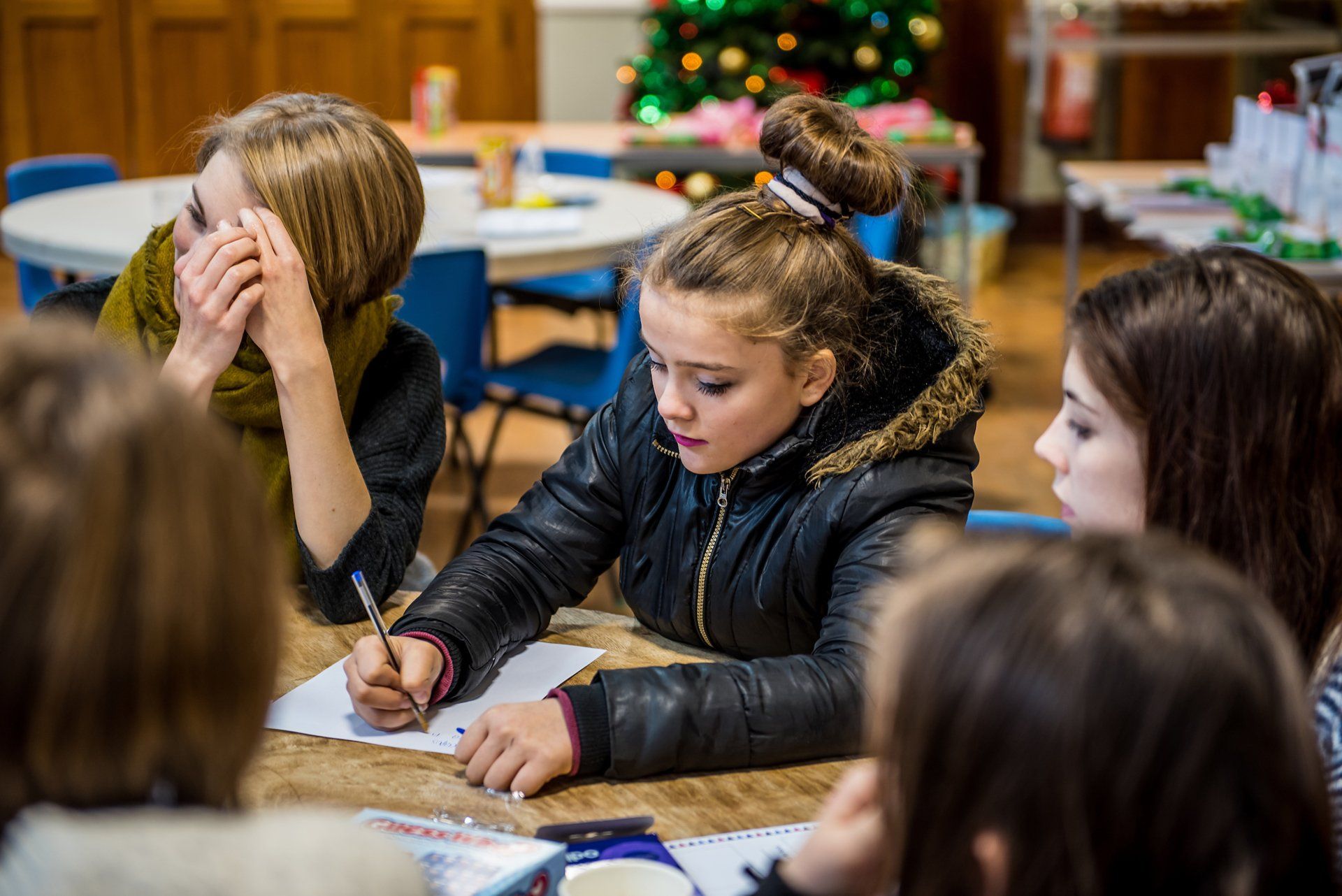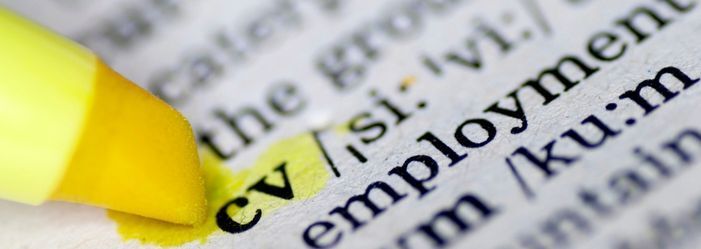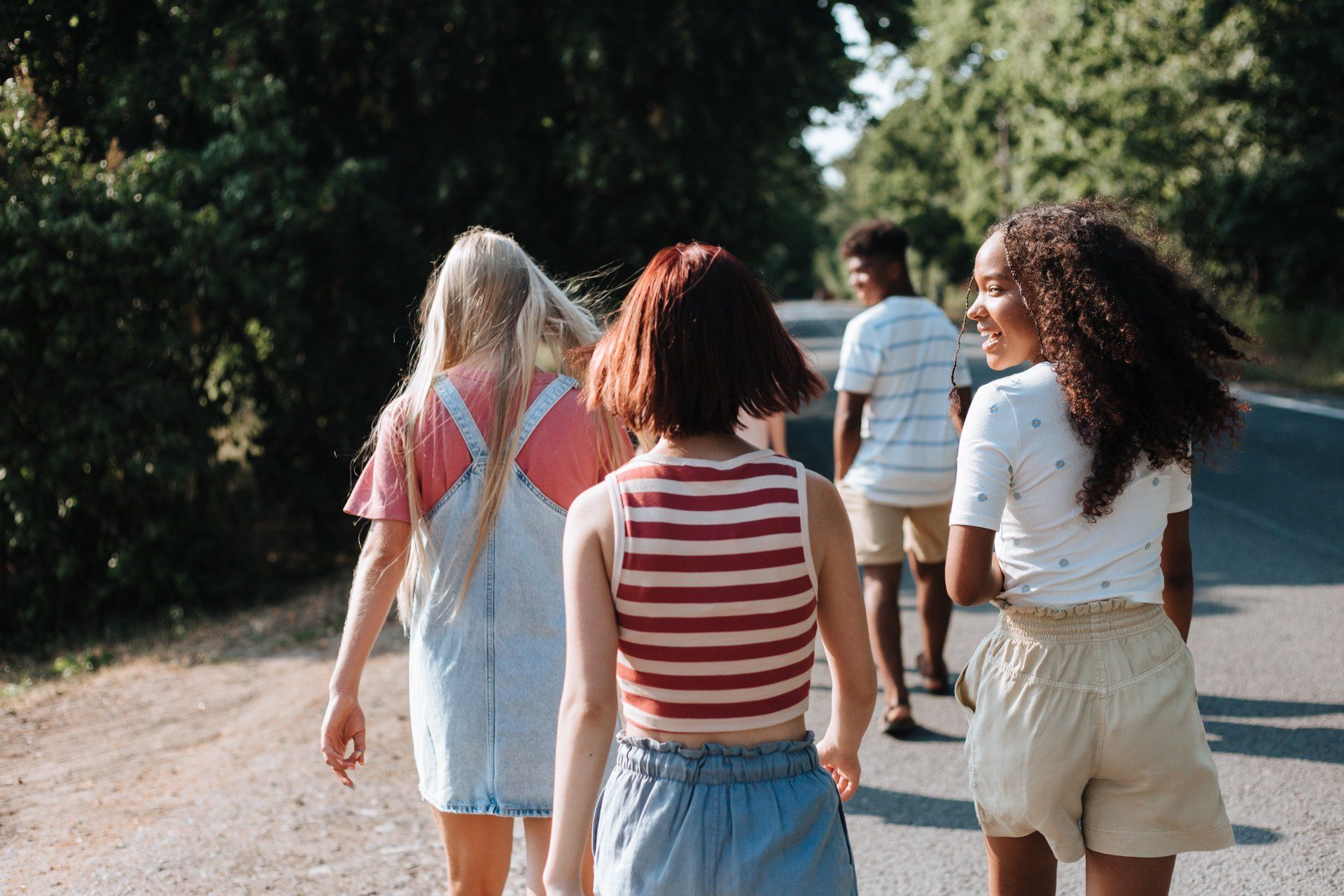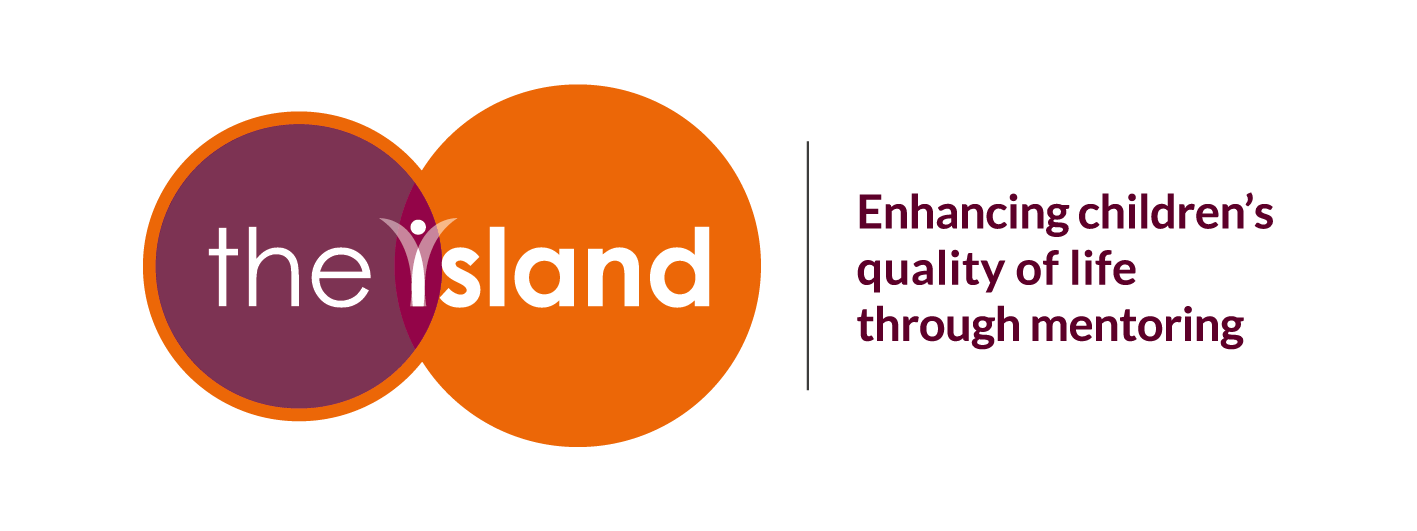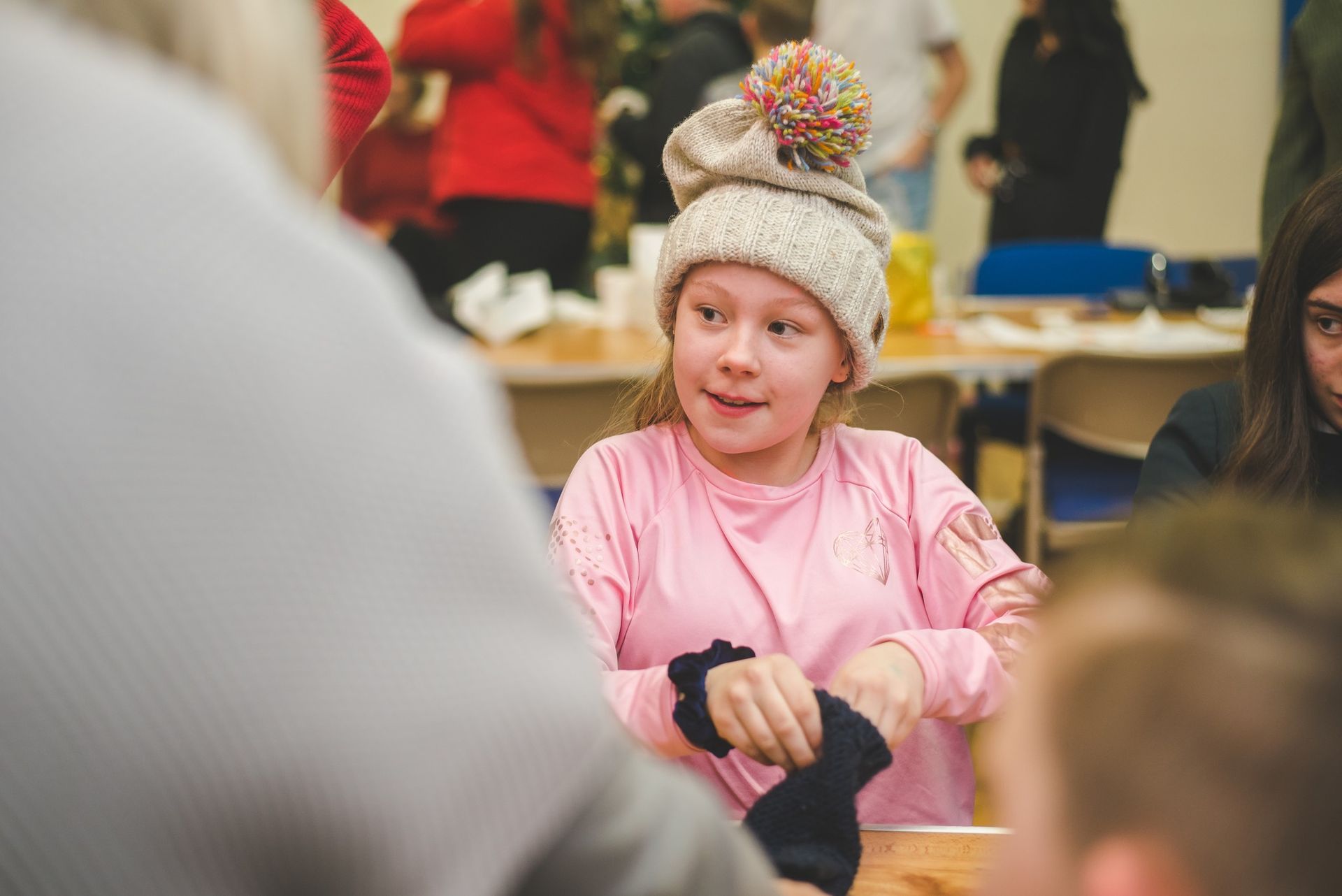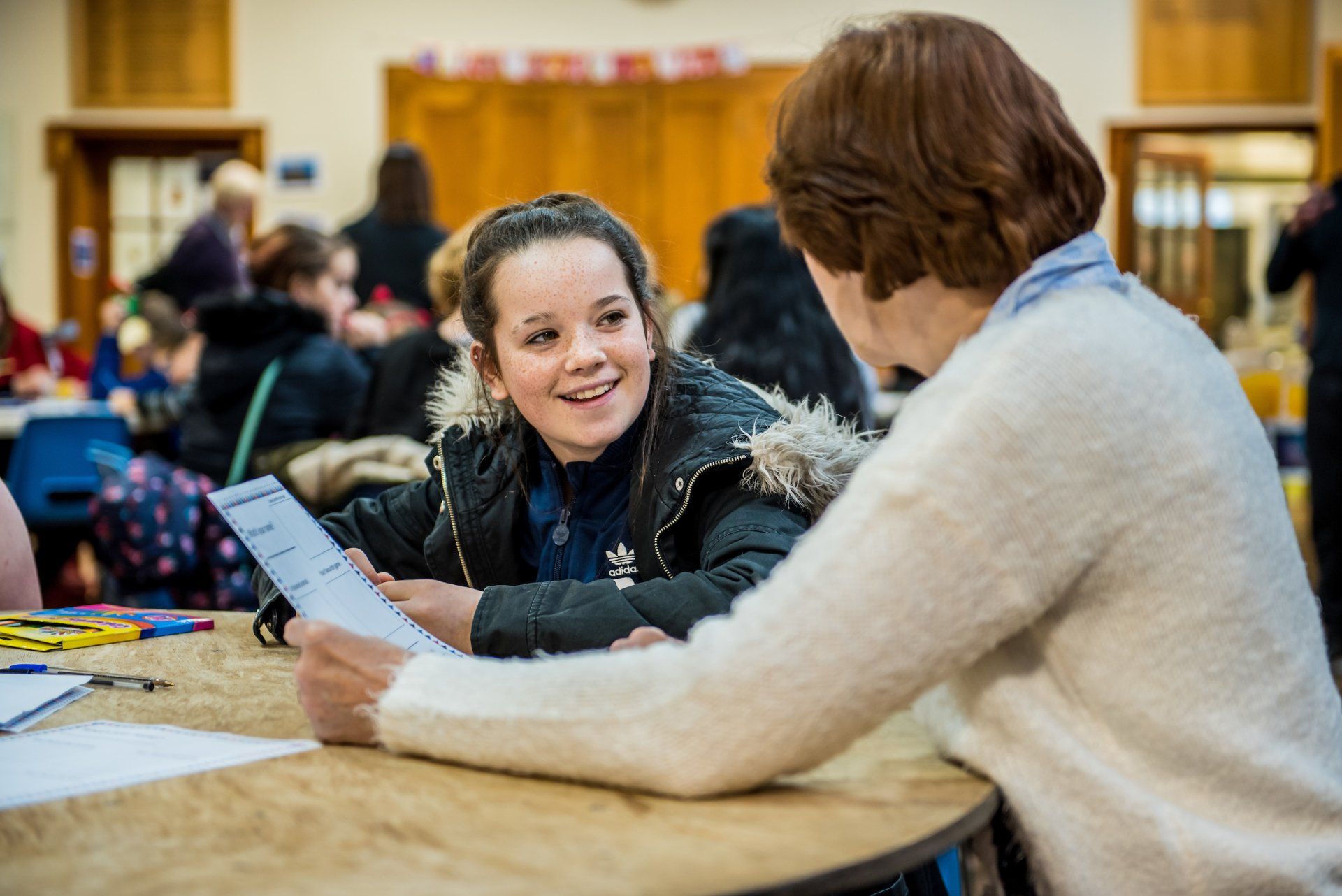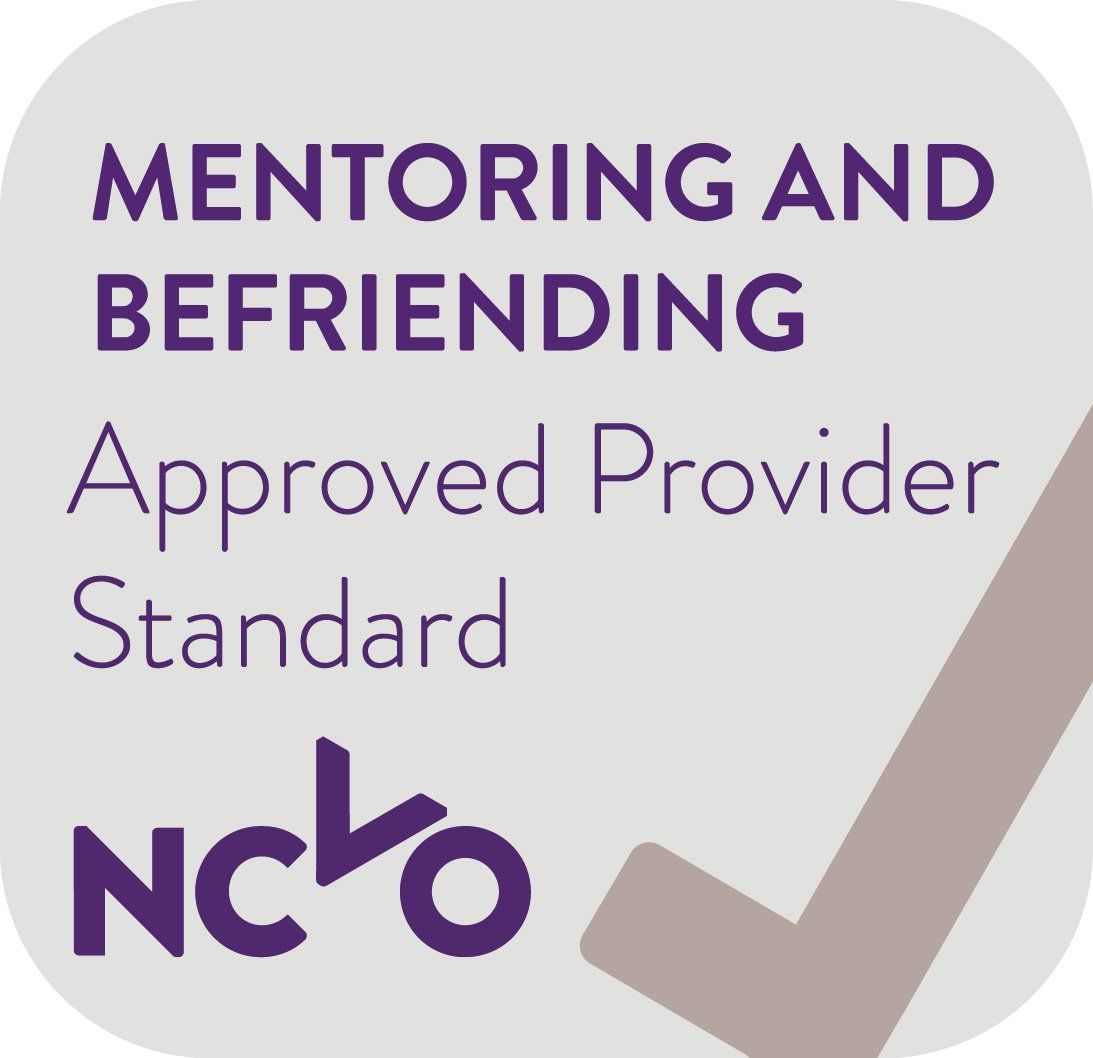Art Therapy: How it works and helps children
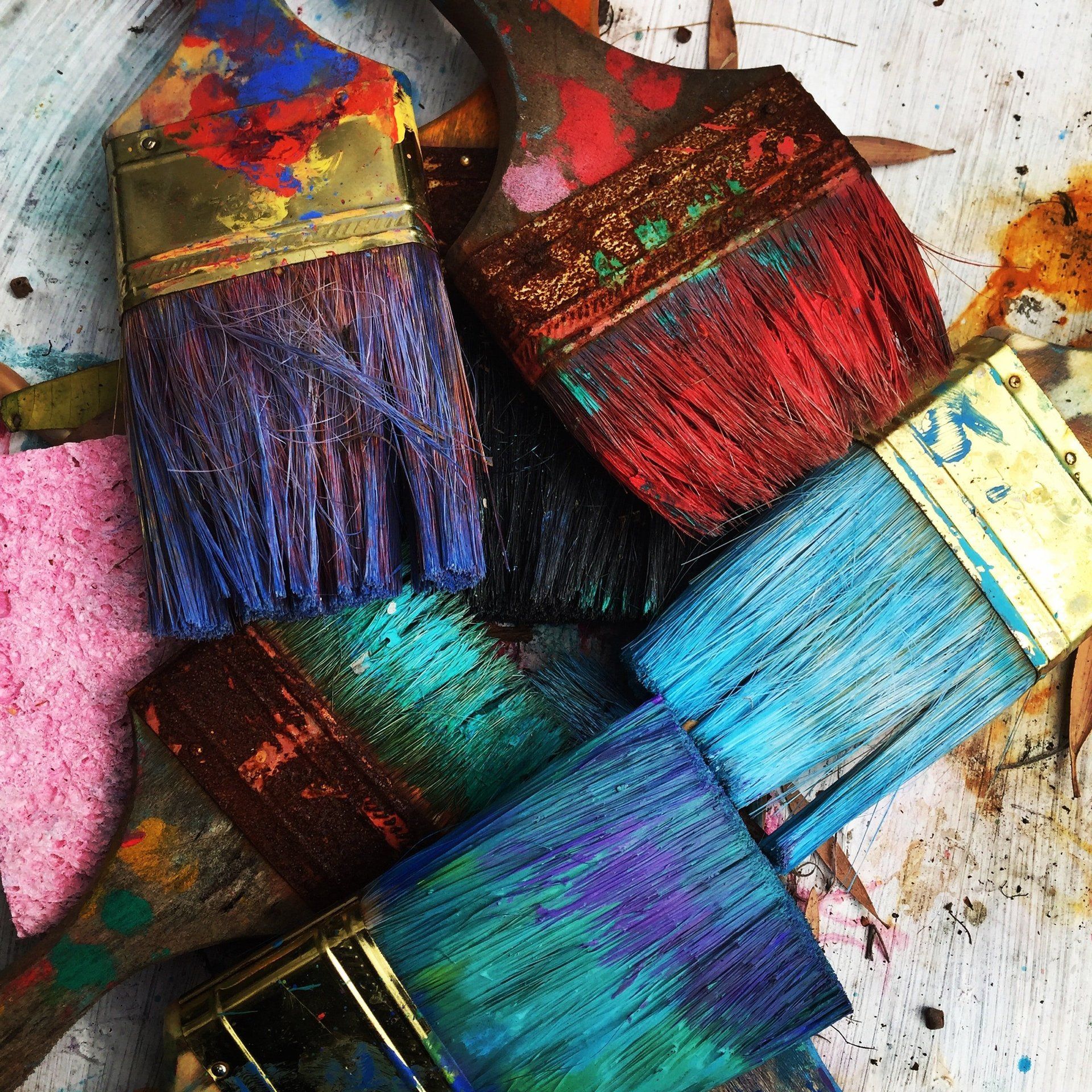
Everyday life poses a lot of challenges for children and young people in today's modern world, including exam worries, cyberbullying, childhood depression to just name a few.
Every parent/carer wants the best for the next generation and will quite rightly, seek out services to help them to thrive. Some services which work for some children may not work for others which is why it is important for places across the UK to have several accessible youth services available.
Recently, we started collaborating with University of Leeds postgraduate student, Katie DelMara who is a Trainee Art Therapist. She is currently working with some of our young mentees to help them overcome their challenges. In this interview with Katie, we discuss the benefits of Art Therapy and how it helps children and young people to thrive.
What is Art Therapy?
Art Therapy is a form of psychotherapy that uses art media to help with self-expression, communication and making sense of thoughts, feelings, and events in the safety of a therapeutic relationship. Often it can be difficult for children and young people to put some things into words and so having art as an additional tool enables that communication and expression to still take place and be worked through in a creative way.
What challenges do children and young people have who need to access Art Therapy sessions?
Children and young people who access Art Therapy come with a range of difficulties, which include emotional and behavioural problems; mental health diagnoses; learning difficulties, bereavement, trauma and much more. When there is something that prevents a child or young person from living a fulfilled life and reaching their full potential, this is something that can be explored within Art Therapy, in a safe and compassionate way.
Can you describe how Art Therapy works?
Art Therapy sessions will be different for each individual and can benefit in many ways. This includes, improving cognitive functioning and developing problem solving skills; cultivating self-awareness; alleviating anxiety; it can help with emotional and behavioural difficulties, as well as being a safe outlet and a coping mechanism. This happens through the process of creating the artwork, exploring its’ meaning, and experimenting with a range of different materials. Building a therapeutic relationship is particularly important in Art Therapy and can help enhance social skills, as over time this relationship can become a template for forming and maintaining relationships outside the therapy room.
People often think that it is the finished piece of art that is most important in Art Therapy, and although this is a key element, it is the creative process that provides the most important information and insight. It allows the individual to experiment and take risks in the therapy room using different media, trying out new scenarios and art- techniques, which can then be used as a metaphor for life outside, showing that it’s okay to try new things, make mistakes and to have some trust in the process/journey.
I often say to the children and young people, if you just want to scribble on some paper then that’s fine, and then we’ll talk about it afterwards because one step in the process leads to another and then before we know it, a story has started to develop.
A person might need to release some inner turmoil that has remained trapped inside and this can take many different forms, but once it is released and it is there in a tangible form that we can see and touch, it then becomes easier to understand and know what to do with. This is often the case with trauma, which can affect a person’s life in many ways until it is released.
The therapist can then support the individual by discussing the work and help to put some words to the experience, allowing the traumatic memory to be processed and telling the brain it is no longer occurring in the present. The creative process also allows the child or young person to have more control of an event, emotions, and thoughts, which can further foster self-awareness and emotional resilience.
How does Art Therapy benefit vulnerable children and young people long-term?
Research has shown that Art Therapy can help children and young people in the long-term in many ways as well as being an enjoyable experience. These include, learning to communicate more effectively; increasing concentration, and understanding of themselves and the world around them; it can help improve emotional regulation and behaviours; coping strategies and develop better relationships. Each child and young person will take something different from Art Therapy, depending on where they are currently at and what they bring to the sessions.
What inspired you to pursue a career as an Art Therapist?
I have a lot of compassion for people and their stories, and I understand that there are those who, through no fault of their own, can end up facing many struggles in their lives and could really benefit from some support. Knowing how powerful the art making process can be, I knew this would be a fundamental tool in helping vulnerable people and so this became a key area for me to study further.
Art has been both an emotional outlet and an enjoyable activity for me, right from being a child myself and since being engaged with my studies in this area, I have found that Art Therapy not only allows that safe way of telling a story but also the level of communication is much deeper than just words, and so the learning that comes from it is also a ‘felt’ experience, making it quite powerful.
Having witnessed the strain on mental health services and seeing how that leaves some people isolated with their problems, I knew I wanted to work within this field and offer what is not always accessible. Art Therapy is not as widely available as other types of therapy, such as counselling and CBT, but the benefits can be huge and lifelong, for it can address both the verbal and non-verbal aspects of life. Each individual that I work with in the therapy room reminds me that at the end of the day we are all just human and are all deserving of kindness, compassion, and happiness.
If I can help foster that in the sessions and allow the people that I see feel seen, heard and know that their thoughts, emotions and experiences matter, then I know that we are on the right track.
What’s been the biggest highlight of working with the children and young people here at The Island?
The biggest highlight has been getting to know some truly wonderful human-beings; to see the children and young people engaged with the art-making process and to witness the growth that happens as a result, no matter how big or small, it always matters, and it is always valid.
Being able to offer a fantastic room with lots of creative opportunities at The Island makes a big difference too, and to let the children and young people know that it is their space to use for the duration of the session.
If others wanted to explore local Art Therapy sessions where could they go to access the services?
Art Therapy is not always easy to access and the services available differs depending on the area. Sometimes it is available through the NHS; third sector services such as charities and other organisations focusing on health and wellbeing, and also many Art Therapists work in the private sector and can be found online.
Follow us on social media
Why not follow us on our social media channels - Facebook, Twitter, Instagram, LinkedIn and TikTok to keep up to date with our charity work in York - providing Islands of space and time for vulnerable children and young people; by building confidence, self-esteem and unlocking potential through positive mentoring relationships and unique programmes.
